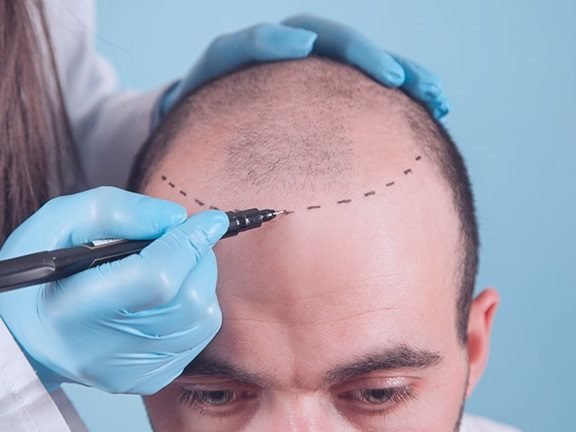
Hair transplantation is a medical procedure that is used to help those with balding or thinning hair to restore the hair on their scalp. It is one of the most commonly performed cosmetic procedures, as it is a minimally invasive option to help people regain a full head of hair. While the procedure itself is relatively simple, there is still important pre and post care that must be taken to ensure optimal results and to avoid potential complications.
Before the procedure, it is important for the patient to visit their doctor for a full physical examination. This will help to make sure the patient is healthy and that there are no underlying medical conditions that could interfere with the success of the procedure. The doctor may also advise the patient to avoid certain medications that could interfere with the effectiveness of the transplant. During the pre-procedure consultation, the doctor will also explain the details of the procedure and answer any questions the patient may have.
During the procedure, the doctor will harvest donor hair from the back and sides of the scalp and implant it into the bald or thinning areas. This can be done through either a strip extraction or follicular unit extraction (FUE) technique. The doctor will also administer any necessary medications to reduce swelling and discomfort. The entire procedure can take several hours and is typically completed in one session.
After the procedure, it is important for the patient to rest and avoid any strenuous physical activity. The scalp should also be kept clean and dry to help prevent infection. The patient will also be given medications to help reduce swelling and discomfort, as well as antibiotics to help prevent infection.
Once the healing process has begun, the patient will begin to see hair growth after about three months. It is important for the patient to avoid any harsh chemicals or heat treatments on their scalp during this time, as this could damage the newly implanted hair follicles. Additionally, the patient should avoid sun exposure to help protect the new hair from sun damage.
It is important to follow the doctor’s instructions both before and after the procedure to ensure optimal results and to avoid potential complications. With proper pre and post care, hair transplantation can be a successful and rewarding procedure for those looking to restore their hair.